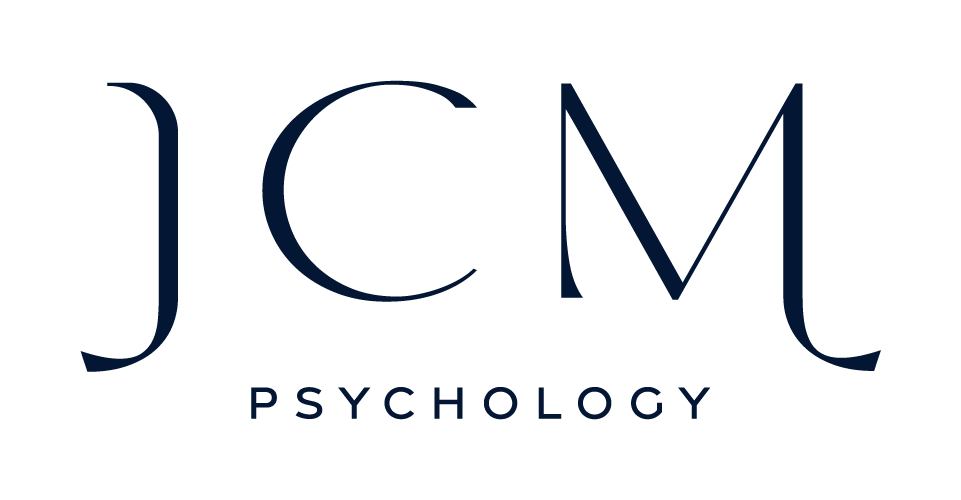CHRONIC PAIN THERAPY IN NOOSA
Support to address the emotional, social and psychological roots of persistent pain, and help to move toward new areas of healing, self-compassion & growth.
WHAT IS CHRONIC PAIN?
Persistent or chronic pain is pain that endures for 3 or more months, or beyond the “typical” healing time for an injury. It is a complex condition that is experienced differently by each individual. 1 in 3 Australians’ living with persistent pain report elevated levels of emotional distress. The experience can be accompanied by feelings of anxiety, depression, stress, fatigue, anger and isolation; with pain impacting the way we view ourselves, our identity, our relationships and our future.
HOW CAN PSYCHOLOGY HELP?
There are many factors that impact, perpetuate and exacerbate persistent pain. Psychologists with experience in the treatment of persistent pain can assist you to understand the nature and neurobiology of your pain, and support you to identify the key factors that may be maintaining symptoms. Given the highly individual nature of chronic pain, treatment will be tailored to your individual needs. Jessie McDonald has completed training in a range of treatments for chronic pain, including the NOI Explained Pain Training and Eye Movement Desensitisation & Reprocessing for Persistent Pain (training with Mark Grant). Therapy may involve some of the following:
STRESS MANAGEMENT: Stress is a common trigger for pain flares which can lead to periods of social withdrawal, reduced movement, depression and isolation. Learning ways to manage stress is important in reducing pain flare ups and improving your overall wellbeing.
IDENTIFYING ENTRENCHED EMOTIONAL AND BEHAVIOURAL PATTERNS: The mood/stress/pain cycle is a common experience for those living with chronic pain. By addressing patterns of fear and avoidance, you can regain a sense of autonomy, control & confidence in your daily life.
BUILDING COPING STRATEGIES: Activities that contribute to a sense of safety within our bodies, such as mindfulness, relaxation, contact with close friends, or time by the ocean, can play a vital role in reducing pain over time.
CONNECTING WITH VALUES: Reflecting on our values & setting small, achievable goals can allow you to reconnect with a sense of meaning and purpose in your life.
WORKING THROUGH PAST TRAUMA: For some, traumatic or highly stressful life events precipitate or exacerbate the onset of persistent pain. Working through these events using trauma-focussed therapies (such as EMDR) can support regulation of the nervous system, promote adaptive resolution of traumatic events, and address common psychological symptoms that frequently accompany persistent pain conditions.
EXPLORING PATTERNS OF PERFECTIONISM & SELF-SACRIFICE: Identifying and working through entrenched schemas (or beliefs) can allow for healing within oneself and transform relational patterns that may no longer serve to maintain your health and vitality.
EXPLORING UNHELPFUL THINKING PATTERNS: Pain is often accompanied by common unhelpful thought patterns that are found to maintain pain. Developing adaptive thoughts about pain is an important component of treatment.
MOVING MORE FREELY: Fear of re-injury commonly leads to reduced movement & muscle de-conditioning. By understanding the biological function of pain & engaging in graded movement, you can regain strength, build confidence with movement, and reduce the impact of pain.
STRENGTHENING RELATIONSHIPS: The social impacts of living with chronic pain are widespread; with pain impacting our mobility, mood, functionality & confidence in social settings. Developing ways to communicate about your pain and re-connect with others can vastly improve our pain experience.
ADDRESSING SLEEP DIFFICULTIES: Chronic pain commonly affects sleep quality, sleep habits and fatigue. Pain flare ups can worsen sleep, and cyclically, poor sleep can worsen pain. As such, by improving sleep patterns, we can reduce the negative impact of pain on your life.
Are you looking for treatment of chronic pain on the Sunshine Coast?
We’d love to connect with you.

